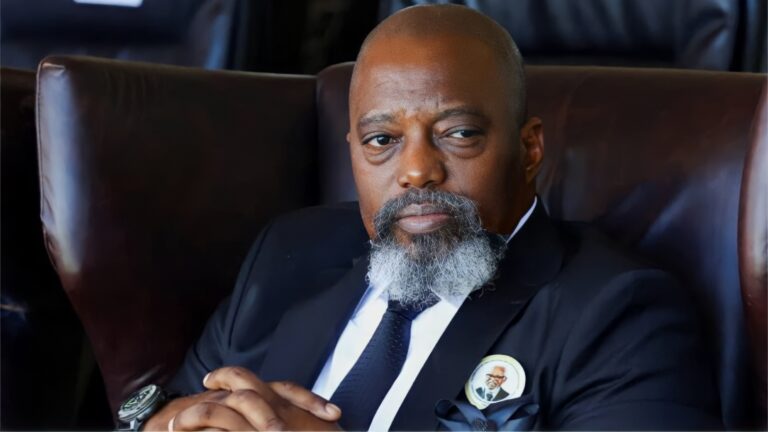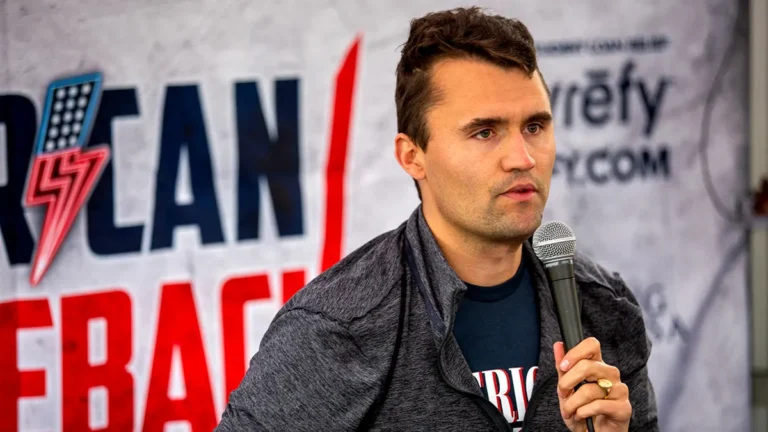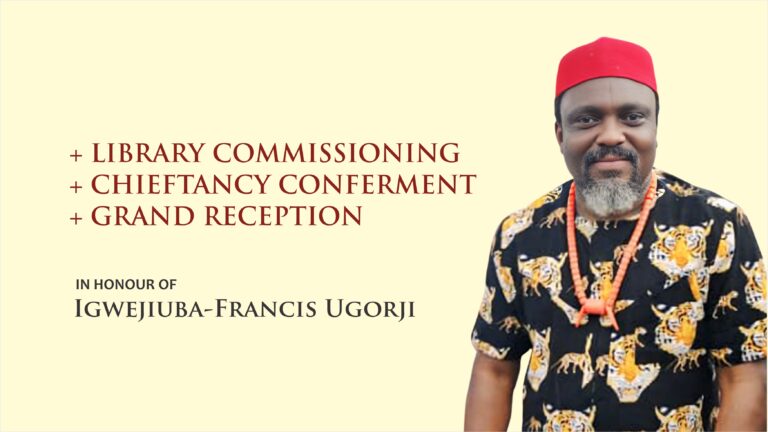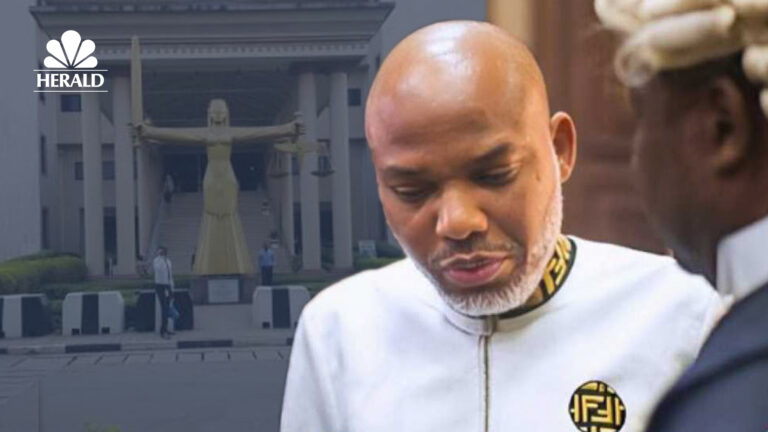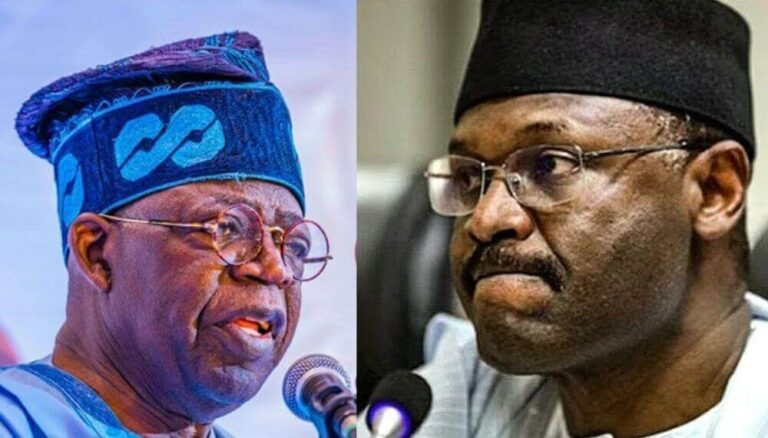OKONJO-IWEALA’S PIONEERING LEADERSHIP: KEY ACHIEVEMENTS AS WTO DIRECTOR-GENERAL

Okonjo-Iweala's Pioneering Leadership: Key Achievements as WTO Director-General
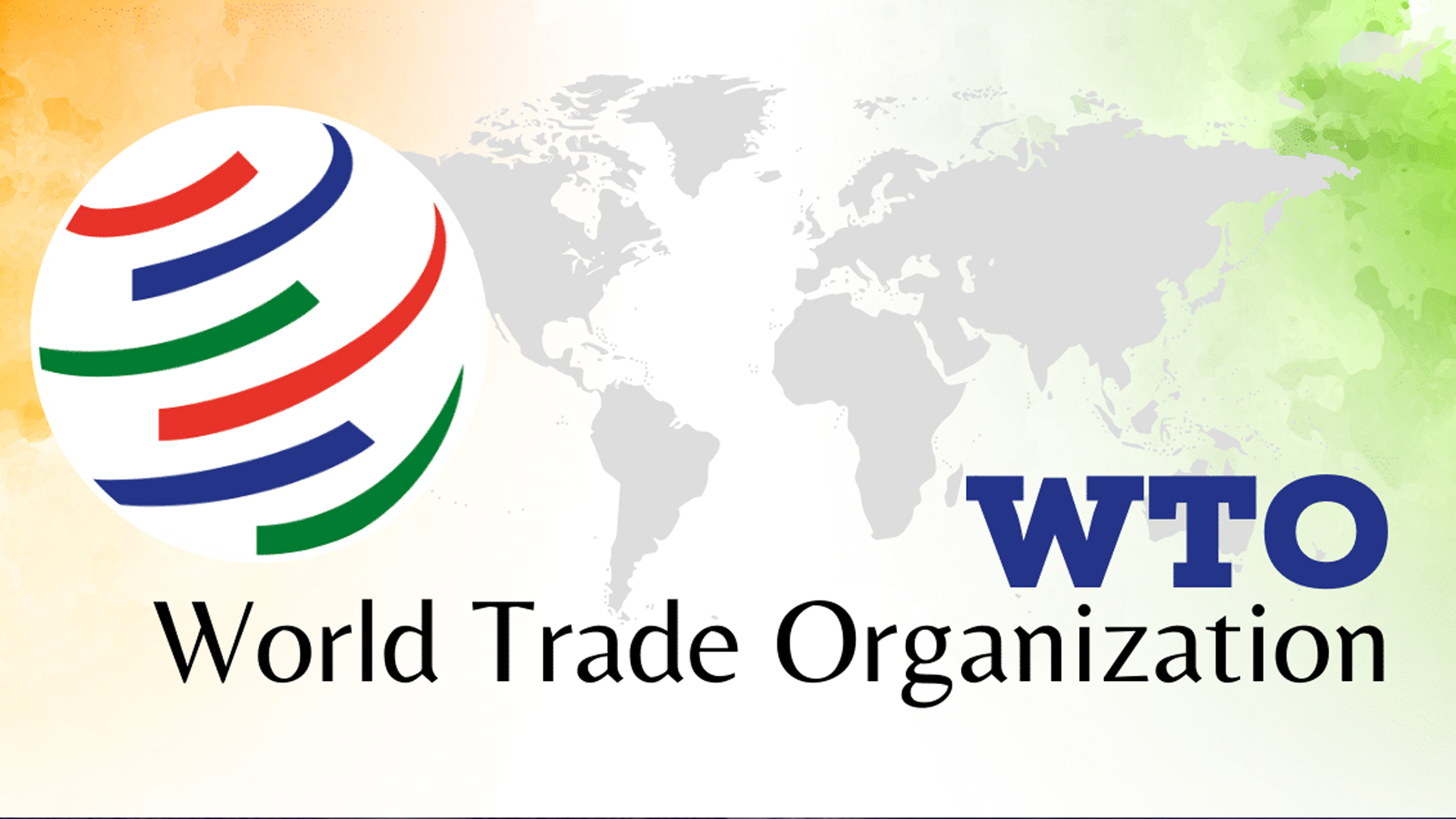
Ngozi Okonjo-Iweala is a Nigerian economist and international development expert, widely known for becoming the first woman and first African to serve as the Director-General of the World Trade Organization (WTO). Before this, she held prominent positions, including as Nigeria’s Finance Minister and the World Bank’s Managing Director. She has played a key role in global economic reforms, advocating for inclusive economic growth, sustainable trade practices, and the reduction of poverty worldwide. Her leadership continues to focus on modernizing global trade and promoting equitable opportunities for developing nations.
As Director-General of the World Trade Organization (WTO), Ngozi Okonjo-Iweala has achieved several milestones in her efforts to reform and modernize the organization. Here’s a comprehensive look at her major accomplishments:
1. Strengthening Global Trade Resilience Amid COVID-19
- Okonjo-Iweala led initiatives to bolster trade recovery, focusing on global vaccine distribution through the COVAX program, which she co-chaired. Under her guidance, the WTO has worked to secure commitments from countries to ease export restrictions on essential goods, aiming to stabilize global supply chains.
2. Pioneering Environmental and Sustainability Initiatives
- Okonjo-Iweala has advocated for sustainable trade practices, emphasizing green trade policies. She initiated discussions on the WTO’s Environmental Goods Agreement, aiming to lower tariffs on eco-friendly products and push for broader environmental goals, such as reducing plastic waste in trade.
3. Pushing for WTO Reforms and Transparency
- Recognizing long-standing inefficiencies, Okonjo-Iweala has championed reforms within the WTO to improve transparency and dispute resolution processes. She has called for a restructuring of the appellate system, which has been gridlocked due to political tensions. Her leadership has focused on making the organization more agile and responsive to modern trade issues.
4. Supporting Digital Trade and E-commerce
- She has worked to advance e-commerce agreements, responding to the rapidly growing digital economy. Her leadership has been instrumental in the WTO’s discussions on digital trade, aiming to create frameworks that support small and medium-sized enterprises (SMEs) in accessing international markets through digital platforms.
5. Advocating for Inclusivity in Global Trade
- Okonjo-Iweala has emphasized the importance of trade inclusivity, advocating for greater participation of developing countries in global trade. She has also promoted policies that benefit women entrepreneurs and underrepresented groups, aiming to make the global trading system more equitable.
6. Facilitating Global Food Security
- Okonjo-Iweala has addressed global food security by negotiating trade measures that improve food distribution across borders. Her approach has been especially relevant amid climate challenges affecting food supply, as she advocates for policies that support efficient and sustainable agricultural trade practices.
7. Broad International Support and Diplomacy
- Okonjo-Iweala has used her extensive diplomatic experience to foster collaboration among member states, navigating political and economic challenges. Her leadership has been instrumental in building consensus for the WTO’s ongoing and future projects, emphasizing multilateralism in addressing global issues.
Future Outlook and Second Term Objectives
In her bid for a second term, Okonjo-Iweala plans to continue these initiatives, with a strong focus on reforming the WTO to meet the needs of the evolving global economy. Her work has received broad international support, though potential U.S. opposition may impact her reappointment.
The World Trade Organization (WTO) is an international body that regulates global trade rules among nations. Established in 1995, it aims to ensure trade flows as smoothly, predictably, and freely as possible. The WTO’s main functions include overseeing trade agreements, providing a forum for negotiation, settling trade disputes, and monitoring trade policies. Its membership includes 164 countries, making it a central player in shaping global economic policies and fostering cooperation between nations to resolve trade issues.
As of 2024, several countries are not members of the World Trade Organization (WTO). Notably, these include:
- Afghanistan
- Iran
- North Korea
- Eritrea
Some countries, like Taiwan, are not formally members due to political reasons, while others are still in the process of seeking membership. Each country may face various challenges or political considerations regarding WTO accession.
About the Author
DURU SUNNY-GEORGE
Administrator
Duru Sunny George is a Media Practitioner | Journalist | Cinematographer | Photographer | Lecturer - popularly known as DSG, is a versatile media entrepreneur and educator. He is the Founder & CEO of DSG STUDIOS, DSG HERALD NEWS, and DSG RADIO, leading platforms in journalism, photography, cinematography, and digital broadcasting.
